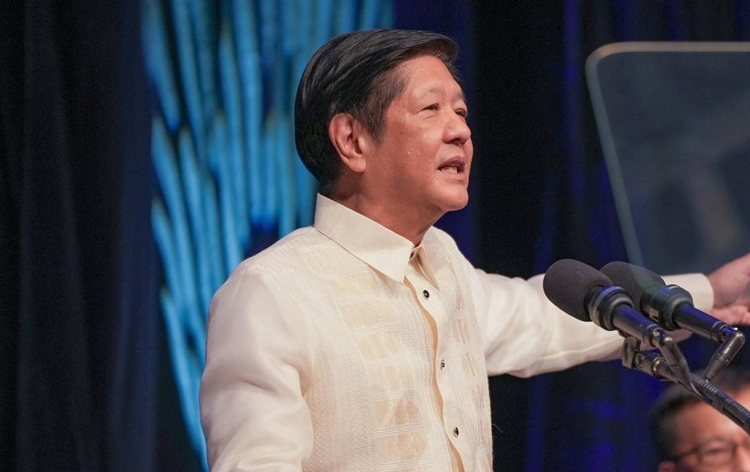New DepEd Secretary will be Named by the End of the Week
NEW DEPED SECRETARY – President Ferdinand “Bongbong” Marcos Jr. announced plans to appoint a new Secretary for the Department of Education by the week’s end following Vice President Sara Duterte’s resignation. Duterte, who also stepped down from her role in the National Task Force to End Local Communist Armed Conflict (NTF-ELCAC), outlined a comprehensive 30-day transition plan in her resignation letter. This plan covers DepEd’s Central Office and various boards and councils she chaired.
In her resignation statement, Duterte emphasized that her decision was driven by concern for the welfare of teachers and students, ensuring a smooth and orderly transition for her successor. Despite resigning from the Cabinet, Duterte, daughter of former President Rodrigo Duterte and Marcos’ former running mate in the 2022 elections, affirmed her amicable relationship with Marcos.

Marcos stressed the urgency of not leaving DepEd without leadership during an impromptu interview with Palace reporters, highlighting the importance of continuity in the department. The announcement of a new DepEd Secretary aims to fill the vacancy left by Duterte promptly.
The Secretary of the Department of Education (DepEd) in the Philippines plays a crucial role in the country’s education system. This position involves several important responsibilities that are key to shaping and improving education across the nation.

Firstly, the Secretary is responsible for creating and putting into action policies and guidelines that govern the entire education system, from elementary to university levels. They also provide leadership to DepEd, ensuring that policies are effectively carried out at all levels of the organization.
Managing the department’s budget is another important task, ensuring funds are used efficiently for educational programs, building school facilities, paying teachers, and other educational needs. The Secretary oversees the development of the national curriculum to ensure it meets educational standards and serves the needs of students nationwide.

Supporting teachers by providing training, improving their working conditions, and addressing performance and compensation issues is critical. They also oversee projects to improve school buildings and facilities, advocate for student well-being, and engage with parents, communities, and international organizations to promote collaboration and support for educational initiatives.
